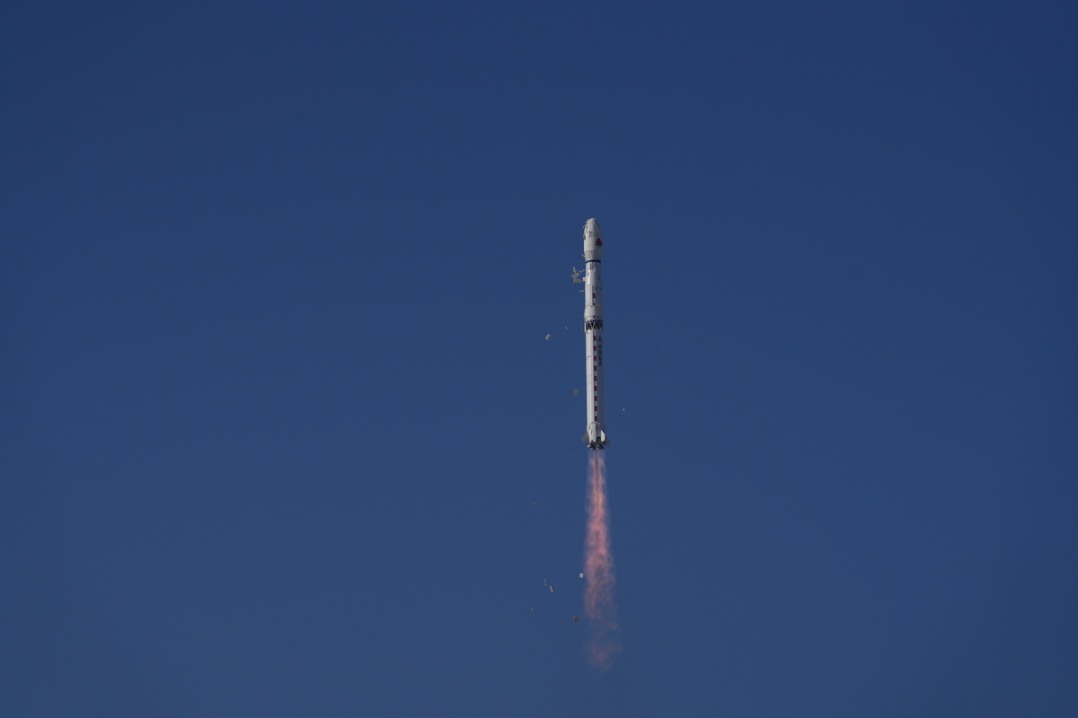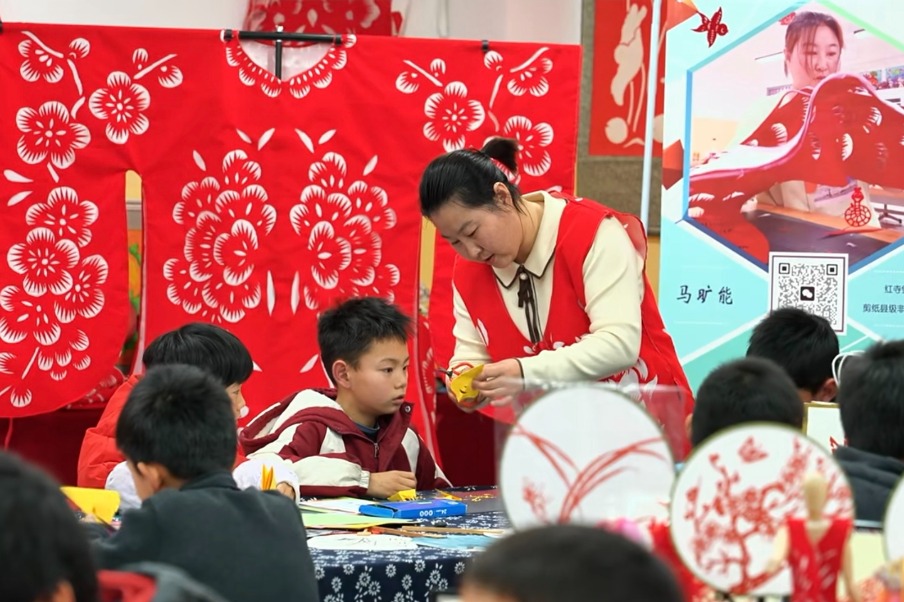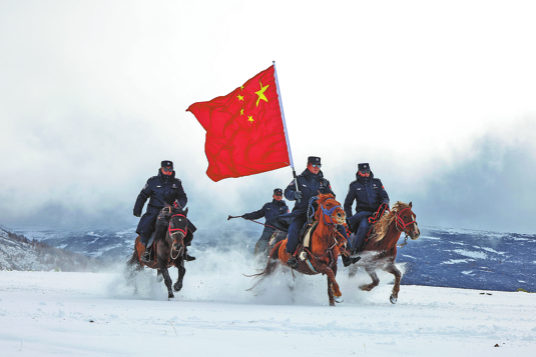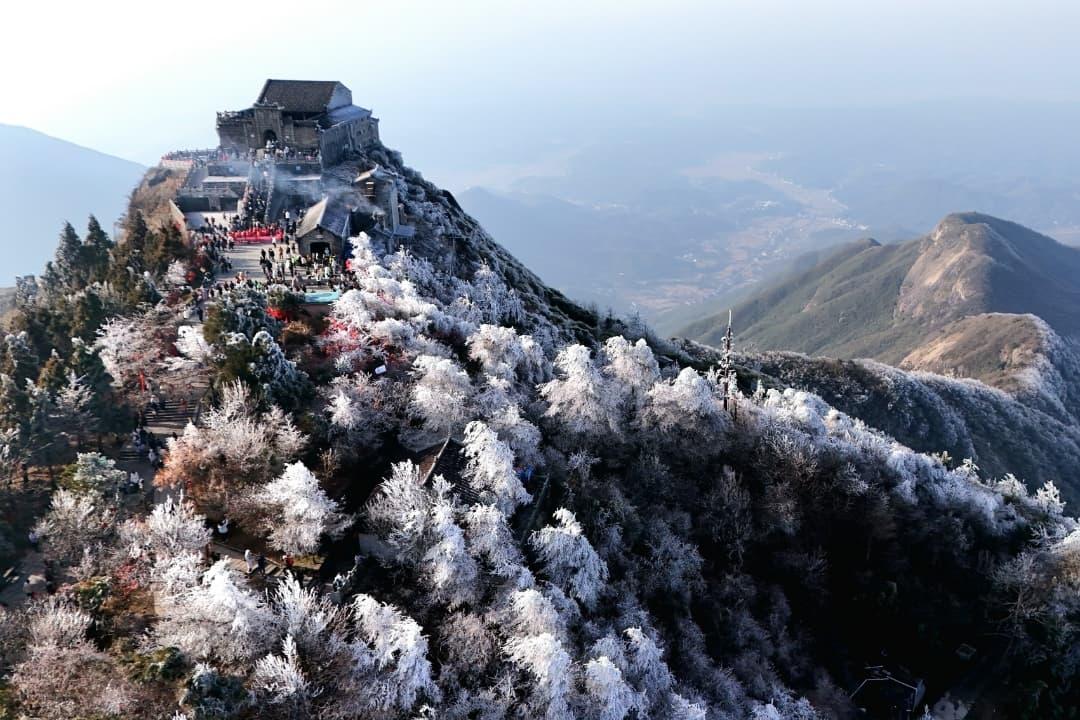Blossoming roses bring radiant life to Xinjiang residents

URUMQI -- In late May, a breathtaking spectacle unfolds as a diverse array of rose varieties bursts into full bloom at a rose plantation base in Yutian county in Hotan prefecture of Northwest China's Xinjiang Uygur autonomous region.
Amidst the sprawling 667-hectare base, Zorigul Yakhup and many other farmers find themselves immersed in a bustling atmosphere as they diligently pluck roses. In Yutian, these vibrant blossoms are harvested three times a year -- in May, June and September.
Every May, while tending to her own rose field with great care, Zorigul Yakhup also joins her family and friends to pick roses at the base.
"This marks my third year participating in rose picking. I can earn about 4,000 yuan (about $567) a month," she said. "Nearly half of my family's 0.7-hectare farmland is used for growing Damascus rose and we expect to sell fresh roses to processing enterprises this year at a price of 20 yuan per kg," she added.
The rose plantation base belongs to Yutian Guimi Bio-technology Co., Ltd. Located on the southern edge of the Taklimakan Desert, the largest desert in China, the base is often afflicted by windy and dusty weather, forcing the company to make addition investment on windbreaks.
Since 2012, the company has invested nearly 100 million yuan in growing roses and windbreaks.
During the initial stage, when the windbreaks hadn't yet grown tall, the rose plantation base experienced a significant setback as nearly 40 percent of roses were destroyed by sandstorms, recalled Liu Zhiyong, vice general manager of the company. "Now the rose growing base has about 80 hectares of windbreaks, and we are not worried about sandstorms anymore."
Water availability poses another significant challenge for rose cultivation in the desert. The company drilled wells and built drip irrigation pipes to save water resources and improve water use efficiency.
Its investment has been paid off. In 2022, the base produced 300 tonnes of fresh roses, which will be further processed into various products such as rose jam, tea and cosmetics.
Located approximately 20 km from the rose growing base, the company's processing lines for rose jam and essential oil are in busy operation.
According to Liu, the company has developed an integrated industrial chain encompassing plantation, production, processing and sales of roses, benefiting more than 10,000 farmers from surrounding areas. By actively participating in the rose industry, these farmers have experienced a significant increase in their annual incomes.
The company stands as a shining example of Yutian's thriving rose growing and processing industry. According to the local agriculture and rural affairs bureau, the total rose plantation area in Hotan has soared to more than 3,450 hectares and nearly 93 percent of them are in Yutian, with every hectare of roses yielding a handsome income of approximately 90,000 yuan.
In addition to rose planting and processing, Yutian is also developing rose-themed tourism, opening up new avenues of prosperity for the local community.
"Roses have not only filled our pockets with cash but also added sweetness to our lives," Zorigul Yakhup said.
- China launches new satellite
- China's railway passenger trips hit new record in first 11 months
- Wondrous Xinjiang: High on the plateau, guardians keep watch over pristine wilderness
- Ningxia students recreate masterpiece with paper-cutting
- China's railway network hits record 4.28 billion trips
- HK blasts 'despicable' Western smears after Jimmy Lai verdict





































